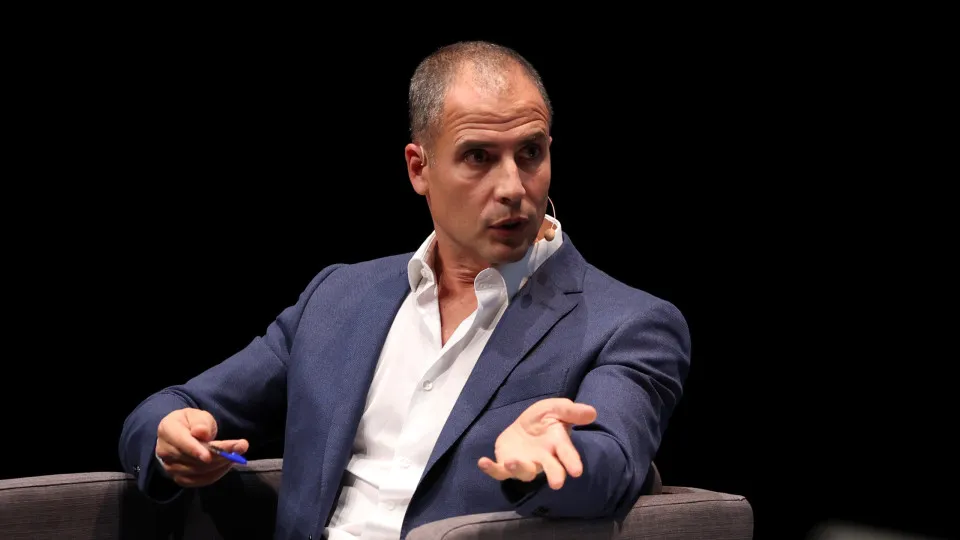
Comedian Ricardo Araújo Pereira spoke during an interview at the XIII Writers Meeting of the Portuguese Language, held in the capital of Cape Verde until Saturday, in which he participates.
“I think my life is greatly facilitated by the fact that we live in a democracy. I take no risk. The limits of what I can say are very elastic,” he notes.
Ricardo Araújo Pereira recognizes that in some African Portuguese-speaking countries, it is “much more difficult to make a joke about political power.”
“It’s healthy for a society to be able to laugh at its leaders, and it’s obvious that those in power are attractive to humorists for various reasons,” he states.
He continues: “It’s amusing for a clown to hit a rotten apple on the forehead of the president or the prime minister. I also like to hit other people’s foreheads, but the more powerful the person hit with the rotten apple, the more fun it is.”
The comedian emphasizes that Portuguese democracy is now “perfectly consolidated,” and “if comedians feel any embarrassment about what they can or cannot say, it is much more related to economic power than political power.”
Commenting on one of the themes of the meeting in Praia—artificial intelligence—Ricardo Araújo Pereira expressed calm, as the engines he consults “aren’t funny at all.”
“I’ve experimented with GPT, DeepSeek (Chinese), Gemini, and Le chat (French). The funniest is the Chinese one because it has fewer restrictions, except if you ask: Why is it said that Xi Jinping [Chinese leader] looks like Winnie-the-Pooh?”
The answer will be the same if you ask what happened in Tiananmen—it closes the matter, he recounts.
On June 4, 1989, the Chinese army advanced with tanks to disperse peaceful student-led protests in Tiananmen Square, Beijing, demanding democratic reforms for the country, resulting in a death toll still debated today.
“From a humorous point of view, they are very weak. It’s hard to have a conversation with them about humor limits, especially as they are always flattering to those they speak with,” he said.
For the comedian, these artificial intelligence tools “tend towards a very puritanical view.” “I’m pleased because they aren’t funny at all. It’s not usable,” although they can “help with preliminary work.”
“It’s not a rival, so far it’s not, especially as [artificial intelligence] has a certain puritanism that prevents it from doing what comedy allows, which is to say inadmissible things. People laugh because what we’re saying is inadmissible, we’re saying things about ourselves or others that aren’t polite to say in public, in the living room, and it is very obsessed with not transgressing,” he explained.
And if artificial intelligence doesn’t lead the writer to fear losing his job, current Portuguese affairs don’t seem to be at risk of ceasing to provide material for humorous moments.
“If suddenly things start to go really well in the country and pregnant women aren’t giving birth on the highway, if everyone has a house to live in…”
He concludes: “In paradise, there’s no reason to laugh.”




